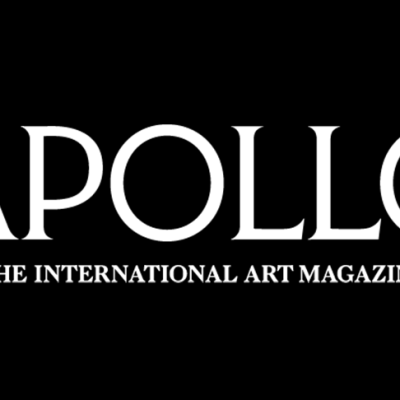Our daily round-up of news from the art world
UK Government plans indefinite extension to the Holocaust (Return of Cultural Objects) Act | The UK government has announced details of the International Spoliation Conference in September 2017 and with them, its intention to renew the Holocaust (Return of Cultural Objects) Act 2009 indefinitely. The Act, which gives national museums powers to return works of art looted under the Third Reich, is due to expire on November 2019. John Glen, minister for Arts, Heritage and Tourism said, ‘More than 70 years after the end of the Second World War, some families are still waiting for their cultural property to be returned.’
Lygia Pape’s daughter sues LG for copyright infringement | Paula Pape, the daughter of Brazilian artist Lygia Pape, has filed a lawsuit against LG Electronics, alleging copyright infringement. According to the Art Newspaper. Pape says that a new mobile phone ‘wallpaper’ used by some of the company’s products bears a too-close resemblance to her mother’s work Ttéia. The plaintiff claims that she has repeatedly turned down requests from to license the work in question in the past.
Museum planned for Delhi’s Gole Market | Delhi’s historic Gole Market could be transformed into a museum of the city’s culture and history by 2018. According to the Hindustan Times, the museum will feature exhibits including documentary films, photographs, painting, and sculpture. The market was built in 1921, and has been in line for redevelopment several times since being classed as ‘unsafe’ in 2007.
Recommended reading | In the Paris Review, Ben Lerner looks at Adam Bartos’s photographs of Chris Marker’s studio. On Al-Monitor, George Mikhail investigates the ways in which Egyptian president Abdel Fattah al-Sisi is co-opting art and artists to support his government. In the Observer, Rowan Moore looks at how the architecture of the headquarters of Apple, Facebook, and Google reflect the corporate values of the tech giants.


